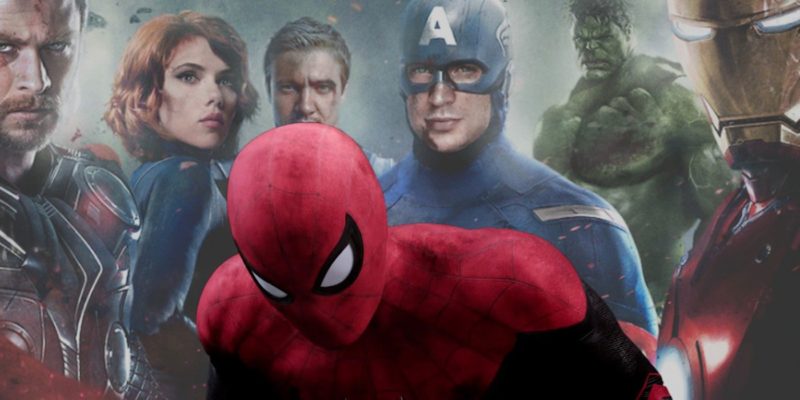
[ad_1]
Superhero movies are typically fun and easy-watching, but Spider-Man: No Way Home pointed out an issue that might be a problem with the genre itself.
WARNING: The following contains major spoilers for Spider-Man: No Way Home, now playing in theaters.
Spider-Man: No Way Home picked up right where Far from Home left off. Spider-Man had just defeated Mysterio, but with his dying act, the supervillain framed Spider-Man as a murderer and revealed the hero’s identity as Peter Parker to the world. So, as the new movie began, Spider-Man (and Peter himself) had to deal with the fallout. He was arrested and questioned, and through all of it, J. Jonah Jameson’s reporting on the Daily Bugle news station painted the picture of Spider-Man being a “Web-Headed War Criminal” and a “Spider Menace.”
The sudden shift from Spider-Man being a superhero to a wanted fugitive raised all kinds of talking points. From false reporting to misrepresentation and doctoring of evidence, No Way Home was filled with all kinds of modern, hot topics. On top of that, there could be an issue with how quickly most of the general public was swayed by Jameson’s inflammatory rhetoric. However, the biggest issue with this film might not be isolated to Spider-Man: it hints at a horrifying potential problem with the entire genre of superhero movies.
From a fan’s perspective, it was ridiculous to see Spider-Man ridiculed in such a way, but the truth is that Jameson almost had a bit of ground to stand on in No Way Home. Spider-Man may not have been a menace, but destruction and chaos did tend to follow him around. It’s only natural that Jameson would want that to stop, especially when he wasn’t able to connect the dots that supervillains are always going to find the superheroes in a superhero movie. Of course, it’s easy for fans to take a step back and see that, in hindsight, Jameson was wrong and Spider-Man was an innocent hero. However, it would be much harder to do so if something like that happened in real life.
In all honesty, almost all superhero movies exist on a plane where good is good and bad is bad, and very rarely do those lines cross. Most villains are well defined, and the heroes have to give it their all to stop whatever harrowing scheme the villain has cooked up by the end of the movie. Unfortunately, that’s not how real life works. Varying codes of conduct combined with different principles, values and causes make it difficult to draw a line between right and wrong. In other words, the “Harm Principle” (the idea of using ‘no harm no foul’ as a moral guideline) will always be debated. That’s because there will always be differing opinions on what is right and wrong.
All of that might be beneficial for a philosophical or religious debate, but it becomes a problem when real people start taking justice into their own hands and become vigilantes. They try to become real-life superheroes, sometimes literally fighting for whatever cause they believe in. The question, though, is whether superhero movies could be adding to people’s sometimes twisted sense of what it means to be a hero.
Most superhero films portray vigilantes like Spider-Man or Batman as heroes, but at the end of the day, they are still vigilantes (the Avengers were kind of an exception) operating outside of the law. Now, being a vigilante in a universe where good and evil are pre-defined by a screenwriter makes for a great movie, but in the real world, being a vigilante can get messy and violent because of people’s differing opinions.
So, looking at things from a bird’s eye view, superhero films probably don’t help the issue of real-life vigilantism because they celebrate vigilantes as heroes. Now, a lot of people enjoy superhero films (and the genre definitely has its own merits), so no one is calling for the end of hero films. However, it might be worth considering how some heroes are portrayed on the big screen going forward.
Spider-Man: No Way Home is now playing in theaters.
About The Author
[ad_2]





